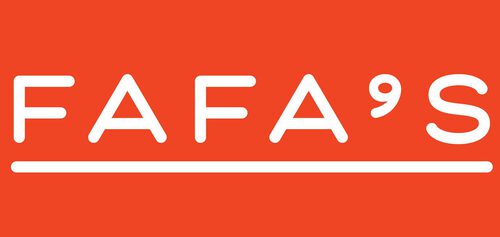FAFA'S IS 100% CARBON NEUTRAL
In co-operation with the climate protection efforts trader, South Pole, Fafa's restaurants compensates all carbon dioxide emissions, also including indirect emissions. Fafa's compensates for all its activities, including the loss of portions, as well as sales.

"WE ARE A SMALL COMPANY, AIMING FOR A BIG CHANGE."
“We are a green company in terms of our values. We want to serve healthy vegetarian food, and at the same time our goal is to operate in a sustainable and profitable way. We are a small company, aiming for a big change. In our opinion, companies should offer responsible products, without consumers having to demand them themselves” says Ville Myllyniemi, the CEO of Fafa’s.
In order to compensate the carbon dioxide emissions, Fafa's has taken part in South Pole's VCS CCBS- certified Isangi -rain forest protection project in Congo. So far, the project has protected a total of 187,000 hectares of rainforest, in one of the most diverse rainforests in the world.
South Pole is a globally significant player in climate protection work and the world's leading developer of emission compensation projects. South Pole helps businesses, the financial sector and the public sector to create value for a sustainable development. It also helps to manage risks as the society moves towards a sustainable and a carbon-neutral economy.


ISANGI FOREST CONSERVATION
Forests play a major role in mitigating climate change, and cutting forests, has the opposite effect. The Isangi project covers 187,000 hectares of rainforest, protecting the growth from burning and being cut down. The project aims to provide forest-dependent communities with alternative ways to earn their living. The Isangi project reduces local poverty by developing educational initiatives and promoting sustainable economic opportunities, bringing a brighter future to 33 different villages in Isangi.
The project has brought hope to the locals. Widespread unemployment has recovered as a result of the project, and people now have more employment opportunities, for example in coffee, cocoa or fish farming. The main focus of the project has also been on the education of the children. The project has paid teachers' salaries, and now more than 200 children have access to a proper education.
With these successful initiatives, forest concerns have been significantly reduced, as throughout the project, deforestation has decreased by 30-100 percent. In addition to storing significant amounts of carbon, the project also protects the habitats of many endangered and endemic species.




